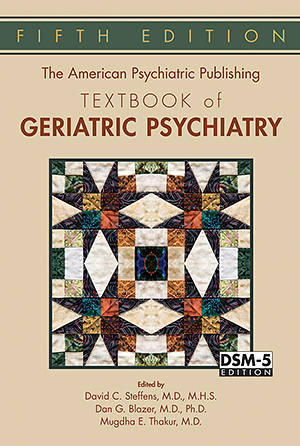Sections
Excerpt
No single model exists for working with families of older adults. Clinicians need to provide both patients and families with person- and family-centered assessment and treatment, taking into account issues of context, diversity, and heterogeneity. Despite the need for family-specific treatment, there are patterns of family issues that consistently emerge based on trajectories of psychiatric illness. Perhaps the most specific guidance in the literature comes from meta-analyses and reviews of clinical research on families of older adults with progressive degenerative dementias (Adelman et al. 2014; Gallagher-Thompson and Coon 2007; Gillick 2013; Pinquart and Sörensen 2006b; Reinhard et al. 2012; Weimer and Sager 2009).
Access content
To read the fulltext, please use one of the options below to sign in or purchase access.- Personal login
- Institutional Login
- Sign in via OpenAthens
- Register for access
-
Please login/register if you wish to pair your device and check access availability.
Not a subscriber?
PsychiatryOnline subscription options offer access to the DSM-5 library, books, journals, CME, and patient resources. This all-in-one virtual library provides psychiatrists and mental health professionals with key resources for diagnosis, treatment, research, and professional development.
Need more help? PsychiatryOnline Customer Service may be reached by emailing [email protected] or by calling 800-368-5777 (in the U.S.) or 703-907-7322 (outside the U.S.).



